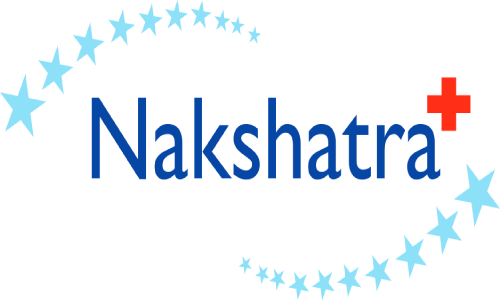Hypertension, or high blood pressure, is a widespread health condition that often goes unnoticed until it leads to severe complications. Known as the “silent killer,” hypertension doesn’t usually present noticeable symptoms, but its long-term effects can significantly impact your heart, blood vessels, and overall health. Understanding the risks and how to manage high blood pressure can help prevent serious health issues in the future.
What is Hypertension?
Hypertension occurs when the pressure of blood flowing through your arteries is consistently too high. This constant pressure strains the heart and blood vessels, increasing the risk of conditions like heart disease, stroke, and kidney damage. Often, hypertension doesn’t show any symptoms until it causes more serious health concerns, which is why regular check-ups are vital.
What Contributes to Hypertension?
Various factors can lead to high blood pressure, including both lifestyle choices and pre-existing health conditions. Unhealthy eating habits, insufficient physical activity, excessive alcohol consumption and smoking can all increase your risk. Additionally, family history and the aging process can make you more prone to developing hypertension. Health conditions such kidney disease and diabetes can also contribute to higher blood pressure levels.
How Do I Know if I Have Hypertension?
Because hypertension rarely shows symptoms, the only reliable way to know if you have it is through regular blood pressure checks. A normal reading is usually around 120/80 mmHg. A reading consistently higher than 130/80 mmHg may indicate high blood pressure. It is crucial to monitor your blood pressure regularly, particularly if you have risk factors.
How Can Hypertension Be Controlled?
Managing hypertension is key to reducing the risk of complications. It requires both medication and a commitment to a healthier lifestyle.
. Here are some effective strategies:
- Follow a balanced diet: Focus on foods rich in vegetables, fruits, whole grains, and lean proteins, while limiting your intake of salt and processed foods.
- Engage in physical activity regularly: Strive for at least 30 minutes of moderate exercise on most days to maintain the health of your heart and blood vessels.
- Manage stress: Incorporating stress-relieving activities such as yoga meditation, or other exercises to help reduce blood pressure.
- Minimize alcohol and avoid smoking: Cutting down on alcohol and quitting smoking can greatly improve your blood pressure management
- Medications: If lifestyle changes aren’t enough, doctors may recommend medications to help manage blood pressure.
Can Hypertension Lead to Serious Health Issues?
Yes, if not managed properly, high blood pressure can result in serious health complications like strokes, heart attacks, kidney damage, and vision loss. Effectively controlling your blood pressure can significantly lower the risk of these complications and help you live a healthier life.
While hypertension may not show obvious symptoms, it can have serious consequences if ignored. Regular monitoring, a healthy lifestyle, and timely medical intervention can keep your blood pressure under control. At Nakshatra Hospitals, we’re here to help you with personalized care and guidance on managing hypertension. If you’re concerned about your blood pressure, don’t wait—schedule an appointment with us today for a thorough evaluation and tailored treatment plan.


